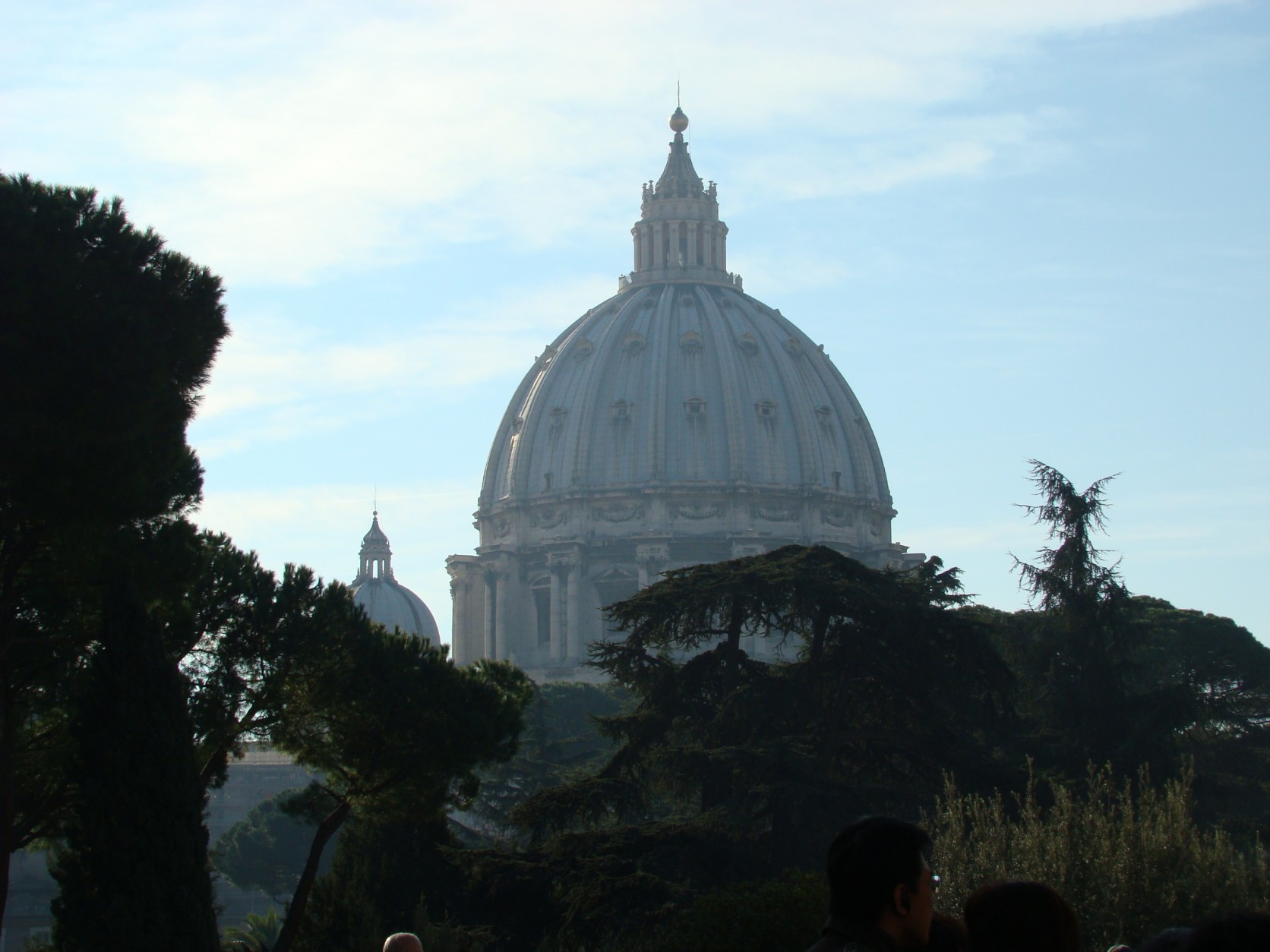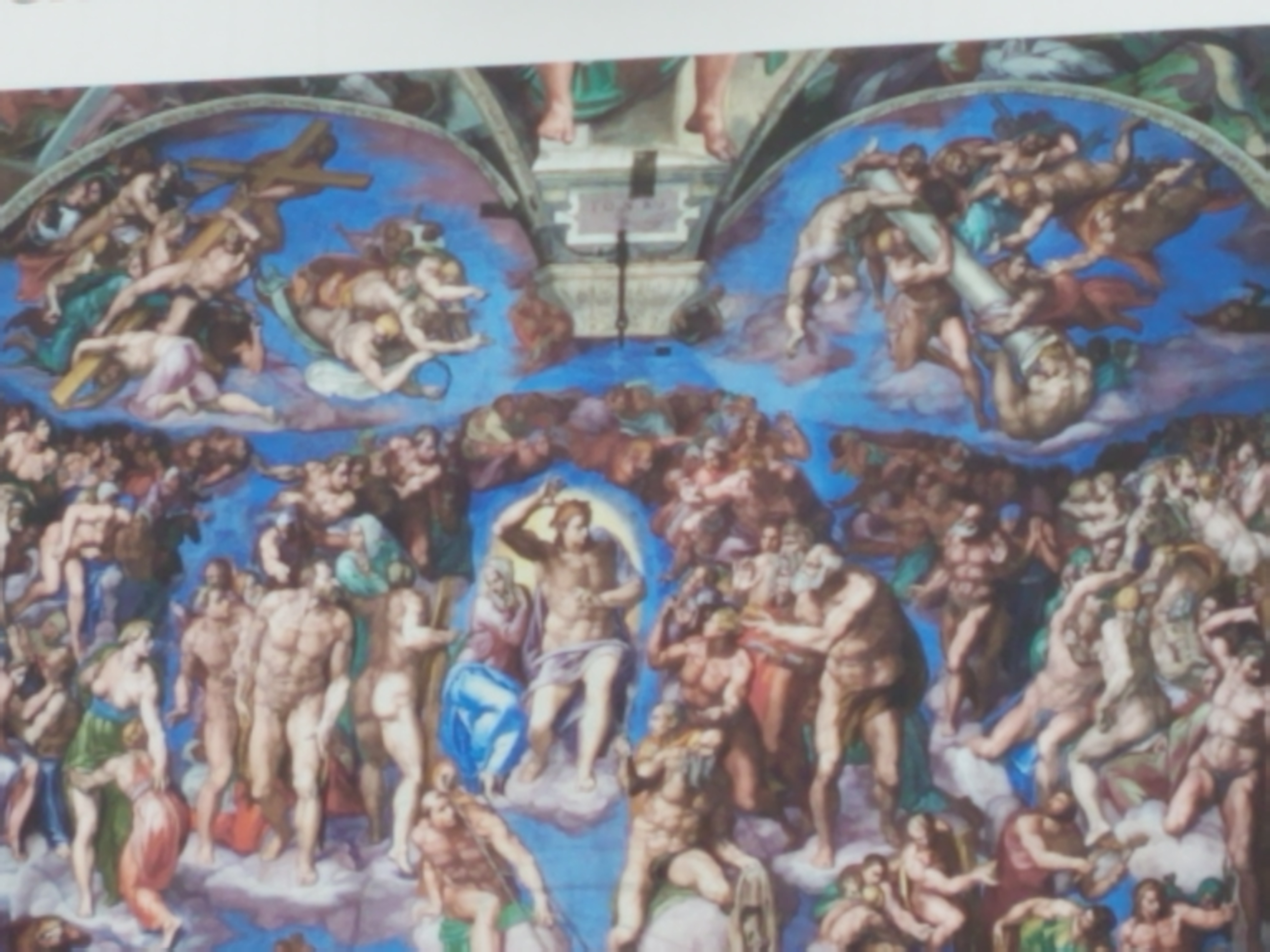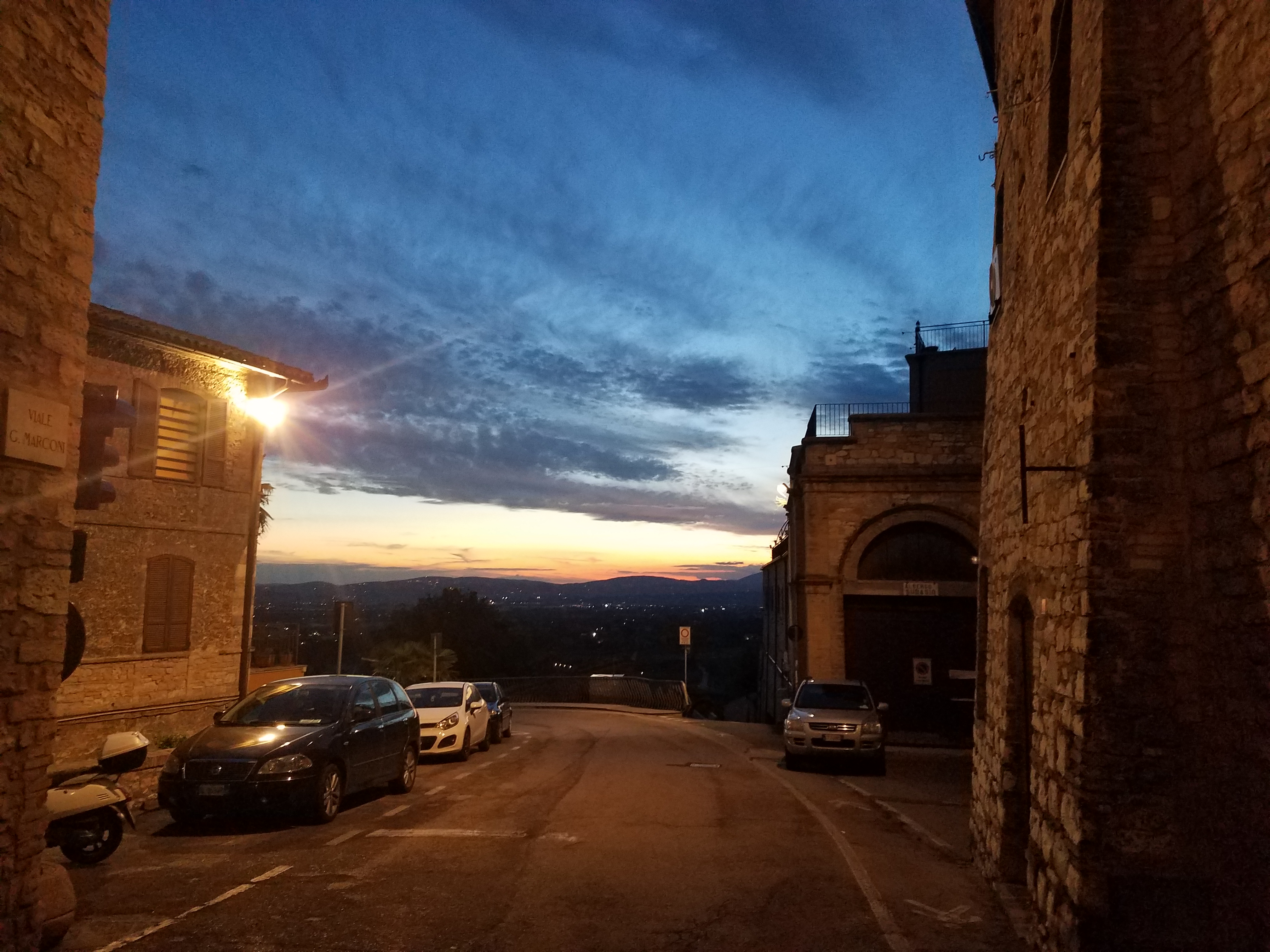Ex. 3: 1-8a, 13-15; Ps. 103:1-4, 6-8, 11; 1 Cor. 10:1-6, 10-12; Lk. 13:1-9
The Lord picked Moses as the Chosen One to rescue his people from the Egyptians. God is kind and merciful and hears the “cry of complaint”, he knows the suffering of his people and he sends us his messengers to rescue us in our time of need. Moses prefigures Jesus as has many a prophet and other chosen ones, Joseph, son of Israel, King David, even John the Baptist at the time of Jesus. The mercy of the Lord is endless but it comes in the form of a messenger, someone ready to set aside their life and respond to the call.
The call to be a chosen one is not just for a few “chosen ones”. It doesn’t just apply to priests or the Pope, it applies to all baptized Christians called to make an impact in this world, the world in which we live in, our family, neighborhood, and community. Our calling is to bring the mercy of God to others with the love that meets the need of the moment.
The second reading points this out “our ancestors were all under the cloud” in a humanity where we all have our own free will God wishes all to be saved. He used Moses to guide them all “through the sea”, that is the waters of baptism, “baptized into Moses in the cloud” of the Holy Spirit that was working to increase their faith and “in the sea” of the waters of baptism that God opened up to save them. Just as they passed through the Red Sea, we have passed through the same waters of salvation in our baptism.
They “All ate the same spiritual food (of manna in the desert) and drank the same spiritual drink” of the rock to quench their thirst now made manifest to us in the Eucharist. St. Paul tells us that “rock” was “the Christ” present then and before time began to save them and yet “God was not pleased with them for they were struck down in the desert” something to contemplate.
In our time there are many who have come to the fountain of baptism to be received into the kingdom of God. Many of us find ourselves in the desert of life’s hardships, like many of the Israelites in the desert and fall away from the practice of the faith. Could it be that in the same way many become struck down by their own sins and die prematurely not as a punishment but as an act of mercy to save us from ourselves while there is still a small light of hope for God to keep us from damnation. As scripture says, “these things happen as examples for us” to remain close to our God who rescues us not only from this world but from the temptations of our own humanity in order not to fall into the pit of sin.
Now is the time to repent. Jesus gives us an interesting question in the gospel for us to ponder. He speaks of the guilt that we all carry and separates it from the suffering of the people. He wants us to understand that “bad things happen to good people” and it is not a sign of their sin. This was often the view of ancient times. When something bad happened, it was a punishment from God for their guilt. In Jesus time, leprosy was seen as a punishment form God. Jesus wants to correct the record bad things happen because there is evil in this world. Often it is the evil that comes from the heart of a person and not from nature. In other words, we can be our own worst enemy and our downfall.
Why is there a rise in autism in children? It is not a punishment from God but a consequence of how we may be manipulating nature as a society. Why is there a rise in childhood obesity? It is not because of bad parenting but a consequence of what we are adding to foods to trigger hunger, change hormones, and add preservatives that affects our metabolism. Why is there a new concern with fluoride used to prevent cavities? Fluoride can also lead to stiff and weak bones. God didn’t do it, we did it. So, let us not look to God when things go bad.
It happens often that that parents will raise their children in the faith, go to Church and teach them good morals and values. The children grow up and decide they are not interested in church, not sure if they believe in God at all. Parents are left wondering “where did we go wrong?” Imagine all the love God has for us, the guardian angels he sends us to protect us, the mercy to forgive us of our sins, the blessings he desires to pour out in us and our response is? “I don’t get anything from coming to church”, “I prefer to spend my time doing other things that I enjoy”, “I don’t have time for church, I’m too busy!” This is the struggle within many families.
God is patient, God in kind and today in the parable we see how God is also merciful with us. He waits on us to bear fruit. Jesus is our advocate asking God the Father to allow time to cultivate our faith, to forgive us of our sins “for they know not what they do.” This was part of Jesus prayer on the cross “Father, forgive them for they do not know what they do” even as they crucified him. Some ask “why do you Catholics keep Jesus on the cross? He is risen.” He remains on the cross for our sins many of which we do know and keep doing and some that we don’t even realize that brings him great sorrow.
You may have heard it said in reference to age that 60 is the new 40’s living longer and younger. When it comes to growing in our faith 40’s may be the new adolescence, still rebellious, living for ourselves, waiting for another day to mature in our faith. This lent is our call to repentance, to remain among his chosen ones let us not miss this opportunity before it is gone.
Finish with this story I shared during the Lenten talks. When I was a little boy living in the barrios of Houston. My mother went to visit a friend of hers along with me. The woman had a child of my age, and he had many toys. We were poor so my joy was waiting for the Salvation Army to bring me a box of toys for Christmas otherwise like in those days you used your imagination to create your toys. Coming home my mother must have seen something in my behavior. She asked what was wrong. I said “nothing”. She asked three time and each time I denied anything was wrong but at the same time I walked backwards to the bedroom. When I got to the bed, I pulled out a toy car from under the pillow. Back to the woman’s house to return that toy. How many sins did I commit that day? Stealing, lying, envy to start. How many sins before and since then I hate to imagine. Thank God, God is merciful.



















Recent Comments